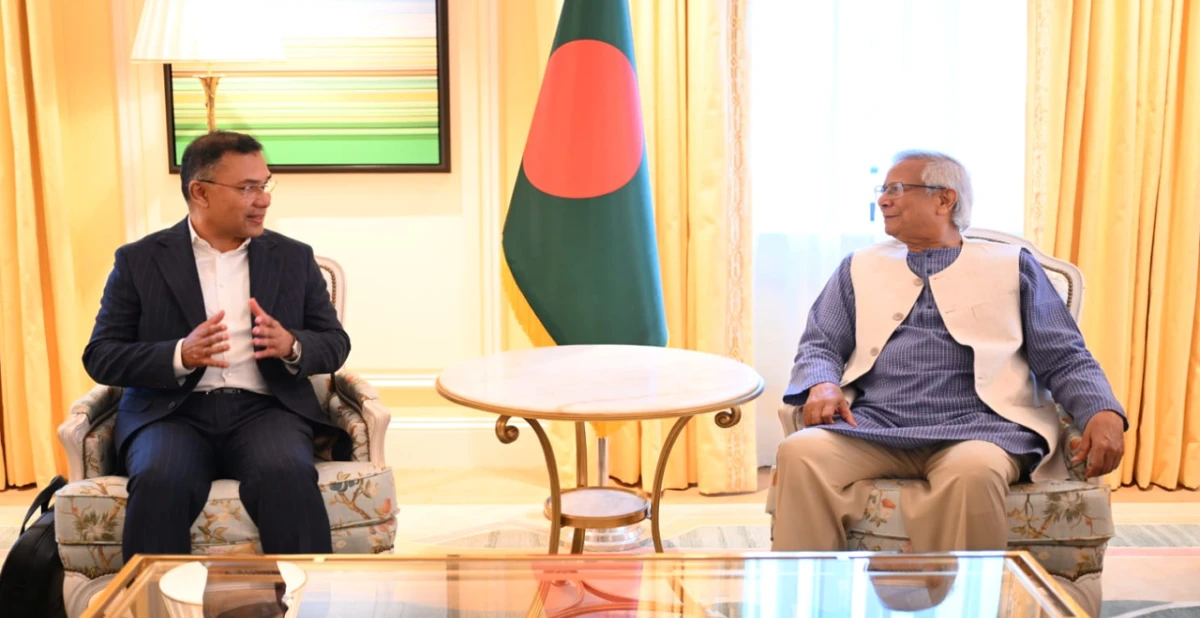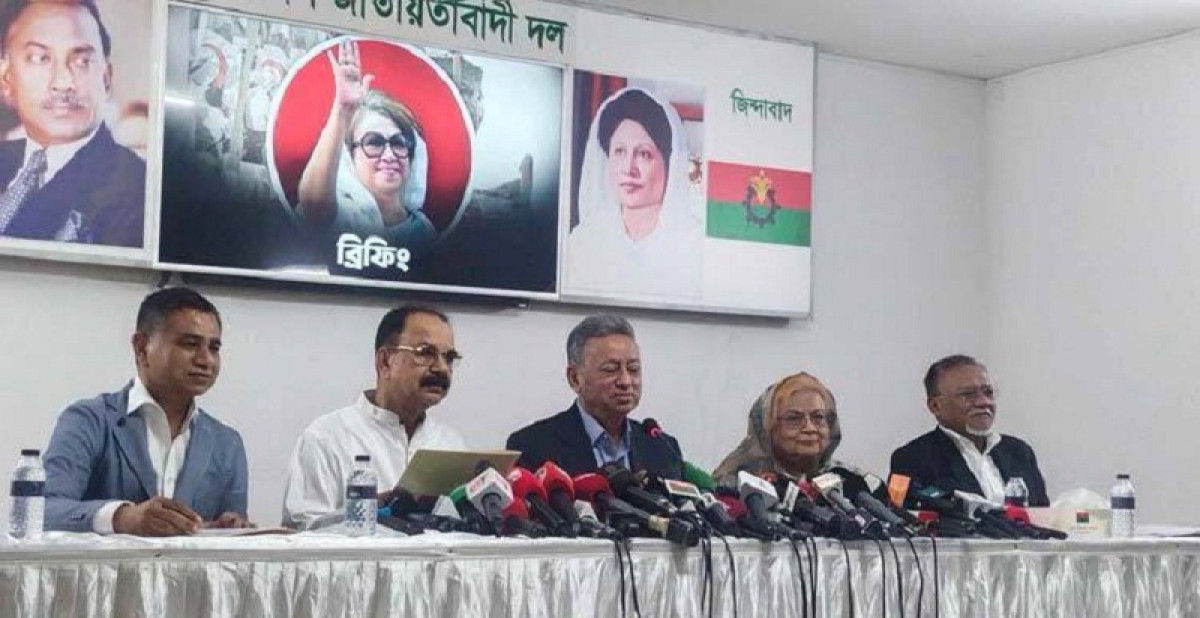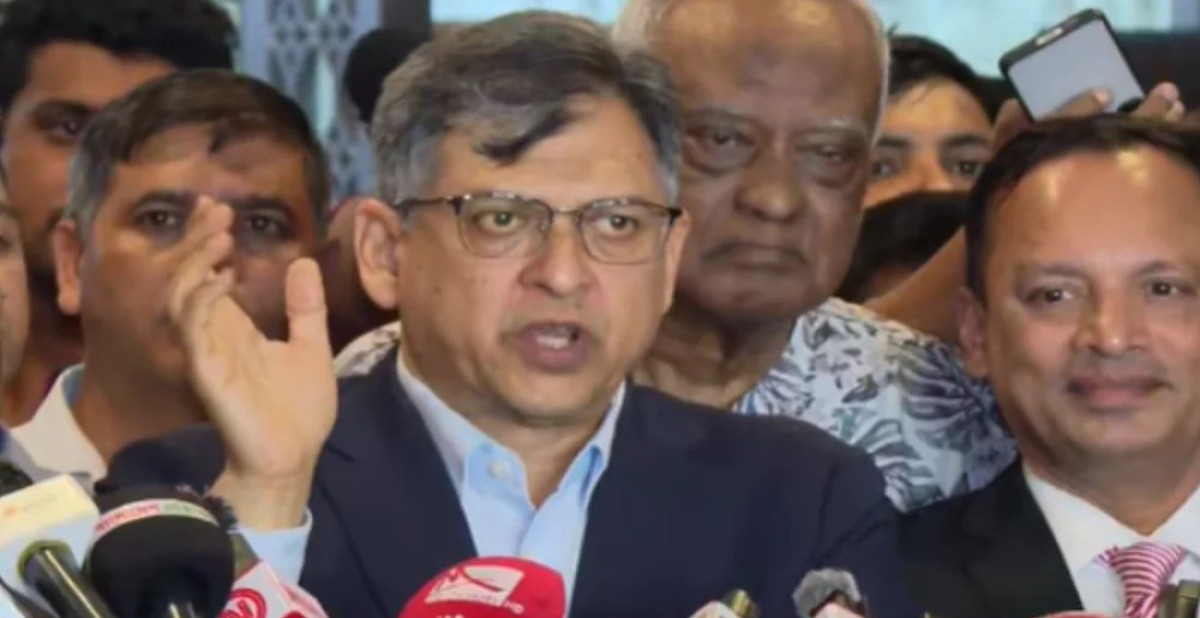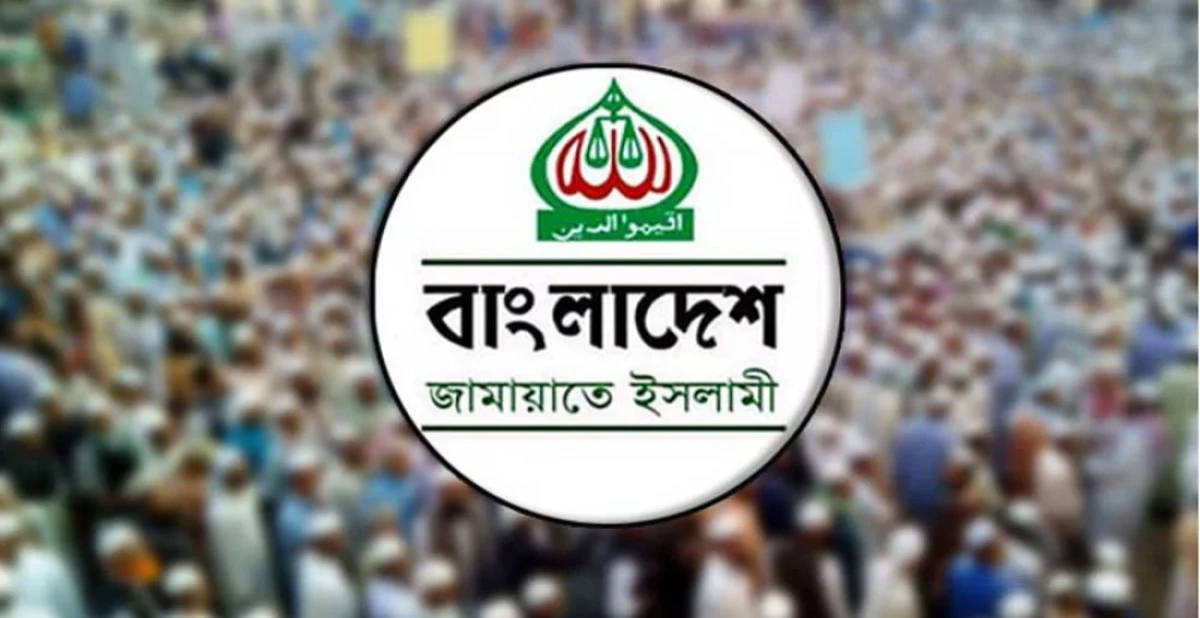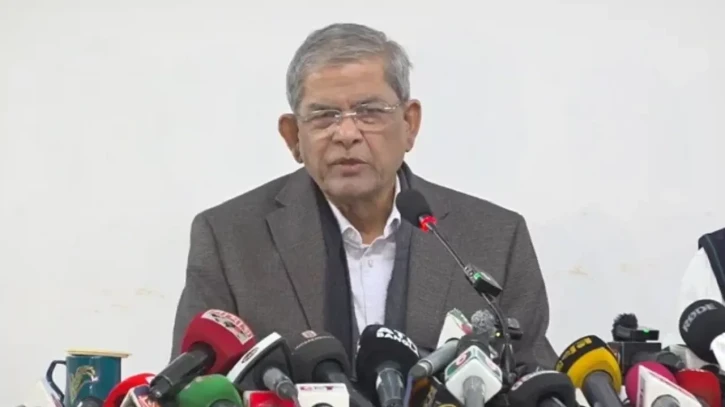
ছবি: ছবি: সংগৃহীত
Mirza Fakhrul Islam Alamgir, Secretary General of the Bangladesh Nationalist Party (BNP), emphasized the need for an early announcement of the 13th National Parliamentary Election. Speaking at the final session of a symposium titled "White Paper and Beyond: Economic Management, Reform, and National Budget," organized by the White Paper Drafting Committee-2024 at the Bangabandhu International Conference Center on Saturday (January 18), Fakhrul stated that elections are the key to connecting with the people and addressing their aspirations.
Addressing concerns regarding defaulters participating in the upcoming election, Fakhrul assured that the BNP would make sincere efforts to ensure that loan defaulters are not nominated. He acknowledged that transforming the system overnight is not feasible but expressed the party’s commitment to reform.
During the event, Professor Rehman Sobhan, Chairman of the Center for Policy Dialogue (CPD), questioned Fakhrul about the prevalent practice of defaulters clearing a minimal percentage of their loans before participating in elections. Fakhrul responded by reiterating his party's intention to prevent such practices and disqualify loan defaulters from contesting elections.
On the topic of an interim government, Fakhrul noted that resolving all issues within six months is unrealistic, stressing the need for an early election declaration. According to him, parliamentary democracy has been dormant for the past 16 years and must be revived through elections to reflect the people's will and aspirations.
When asked if the proposed six-month interim government tenure is sufficient, Rehman Sobhan suggested it might be rushed. In response, Fakhrul humorously remarked that it is part of BNP’s strategic approach.
Concerns about money launderers participating in elections also surfaced. Fakhrul admitted that such suspicions are not baseless and reaffirmed BNP’s efforts to prevent these individuals from becoming candidates.
Responding to a question about the potential participation of the Awami League in the next election, Fakhrul stated that the decision ultimately lies with the people. "It is not up to us to decide the role of another political party. The electorate will make that call," he said.
During the session, a student representative asked why the BNP is pushing for early elections. Fakhrul explained that only an elected government can effectively address the country’s challenges and implement necessary reforms. He elaborated on BNP’s previously outlined 31-point reform plan, emphasizing economic and political restructuring.
Fakhrul proposed key reforms, including limiting the term of the Prime Minister to two consecutive terms and introducing a bicameral parliamentary system. He suggested creating a system where individuals not directly involved in elections can also contribute to governance. He added that BNP would work toward reducing inequalities and forming a national government post-election to strengthen democratic institutions, which he believes have been systematically eroded over the past 15 years.
In response to doubts about whether BNP could deliver on its promises if elected, Fakhrul expressed confidence, saying, "We can’t say we won’t be able to do it. We are united with the people, and we must try." He highlighted that there has been no parliamentary practice of democracy in the last 15-16 years and emphasized the importance of trying to restore it.
Fakhrul concluded by stressing that reforms are essential for overcoming the nation's current crises, ensuring transparency, and building a democratic future.
repoter



